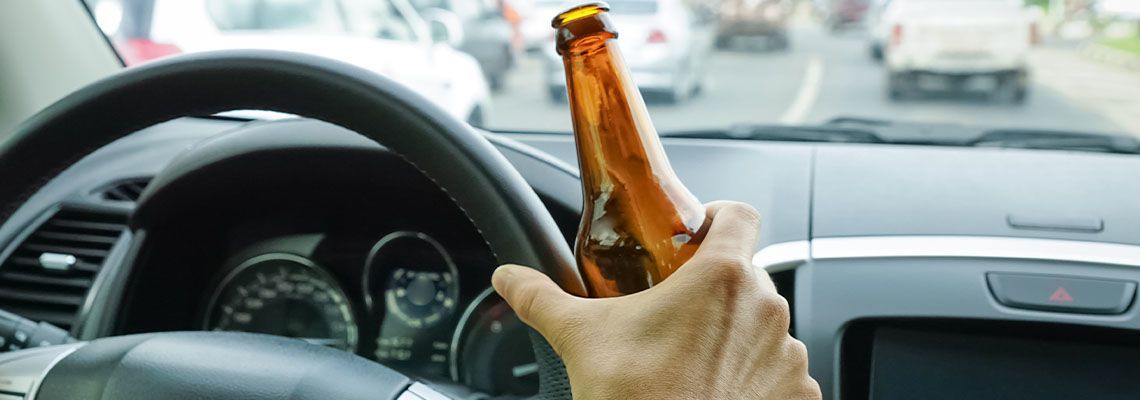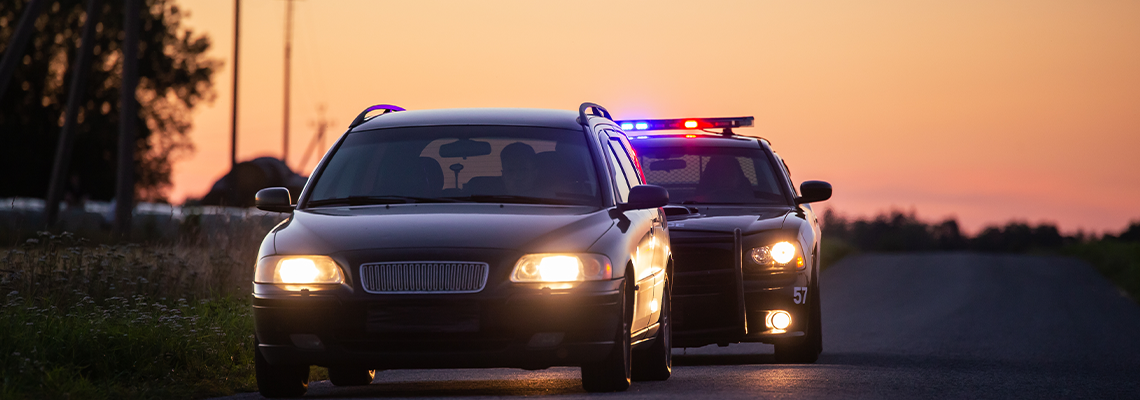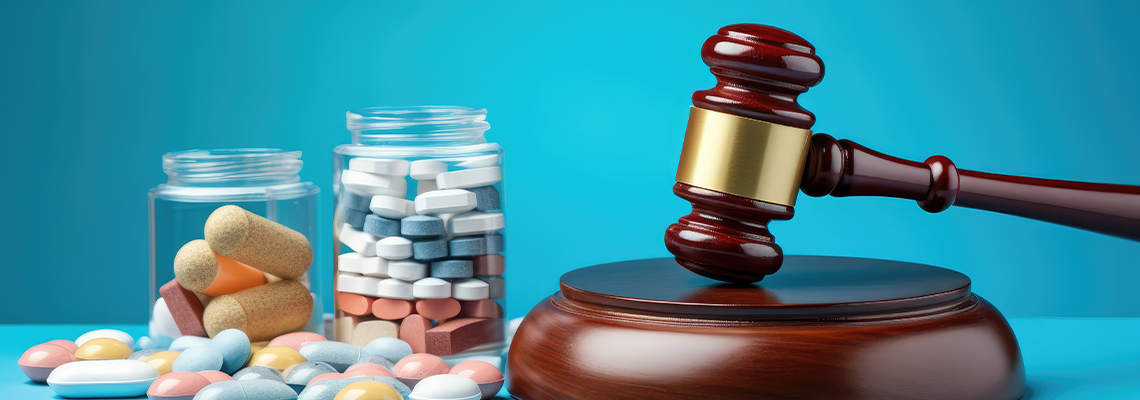When facing criminal charges, understanding the difference between a felony and a misdemeanor is critical. Felonies and misdemeanors carry very different consequences, and knowing what is at stake can make a big difference when planning a defense.

What Is the New York Zero Tolerance Law?
The New York Zero Tolerance Law is a specific regulation aimed at reducing underage drinking and driving. Designed to keep roads safer, it imposes strict penalties on drivers under the age of 21 found with even minimal amounts of alcohol in their system.
This law represents a no-nonsense approach to underage drinking and driving, hence the term "zero tolerance."
The Legal Framework Understanding the Law and Its Implications
The Zero Tolerance Law was enacted to address the growing concern of underage drinking and driving. According to this law, any driver under the age of 21 caught with a Blood Alcohol Concentration (BAC) of 0.02% to 0.07% will face significant legal consequences. This BAC range is considerably lower than the 0.08% limit for drivers over 21, reflecting the state's stringent stance on underage drinking.
Under this law, police officers have the authority to stop and test underage drivers if they suspect any alcohol consumption. The primary tool used for this purpose is the breathalyzer test. If the test shows a BAC within the specified range, the driver faces immediate suspension of their driving privileges.
Who Does the Law Apply To?
The primary targets of the Zero Tolerance Law are drivers under the age of 21. This demographic is particularly vulnerable to the dangers of alcohol consumption due to their inexperience and developmental stage. The law serves as both a deterrent and a preventative measure, aiming to curb the incidence of underage drinking and driving.
Parents and guardians should also be aware of this law, as they are often responsible for educating their children about safe driving practices. Additionally, schools and community organizations play a crucial role in disseminating information about the dangers of drinking and driving.
Penalties and Consequences of Violating the New York Zero Tolerance Law
Violating the Zero Tolerance Law carries severe penalties. The first offense typically results in a six-month suspension of the driver's license. In addition, the driver may face a civil penalty of $125 and a suspension termination fee of $100.
Subsequent offenses lead to more severe consequences, including a one-year suspension or until the driver turns 21, whichever is longer. These penalties not only affect the individual's driving record but also have long-term implications, such as increased insurance premiums and potential difficulties in securing employment.
Your Rights and Legal Options What to Do if Charged Under This Law
If you find yourself or a loved one charged under the Zero Tolerance Law, it's crucial to understand your rights and legal options. First, you have the right to challenge the suspension at a DMV hearing. This hearing provides an opportunity to contest the evidence and argue for the reinstatement of your driving privileges.
Additionally, seeking legal counsel is highly recommended. At the Law Office of Michael D. Litman, PLLC, we have extensive experience in handling these cases. Our team is committed to providing the best possible defense and ensuring that your rights are protected throughout the legal process.
The Importance of Knowing the Law
Understanding the Zero Tolerance Law is not just about avoiding penalties; it’s about fostering a culture of responsible driving. Awareness of this law helps young drivers make informed decisions, reducing the risk of accidents and fatalities. It also reinforces the importance of adhering to legal standards and developing safe driving habits early on.
Parents, educators, and community leaders play a pivotal role in spreading this awareness. By educating young drivers about the Zero Tolerance Law, we collectively contribute to making New York’s roads safer for everyone.
FAQ
1. What happens if I refuse to take a breathalyzer test under the Zero Tolerance Law?
Refusing to take a breathalyzer test when stopped by a police officer under the Zero Tolerance Law can lead to immediate penalties. This typically includes the automatic suspension of your driver's license for up to one year, a civil penalty, and a requirement to attend a mandatory driver improvement program.
2. Can the Zero Tolerance Law affect my future job prospects?
Yes, violating the Zero Tolerance Law can impact your future job prospects. A suspended driver's license and a mark on your driving record can make it difficult to secure jobs that require driving. Additionally, the increased insurance premiums can be a financial burden.
3. Are there any exceptions to the Zero Tolerance Law for underage drivers?
No, the New York Zero Tolerance Law does not provide any exceptions for underage drivers. Any driver under the age of 21 caught with a BAC between 0.02% and 0.07% will face the outlined penalties, regardless of the circumstances.
Stay Informed
Understanding the New York Zero Tolerance Law is essential for anyone under the age of 21 and their families. Familiarizing yourself with the legal framework, understanding who the law applies to, and knowing your rights and legal options can make a significant difference.
At the Law Office of Michael D. Litman, PLLC, we are here to assist you in understanding and dealing with the implications of this law. If you or someone you know has been charged under the Zero Tolerance Law, do not hesitate to reach out to us. Staying informed and proactive is the first step toward responsible and safe driving.
RECENT POSTS
Driving while intoxicated (DWI) charges in New York carry serious and lasting consequences. When someone pleads guilty or is convicted, the impact goes far beyond fines or jail time.




